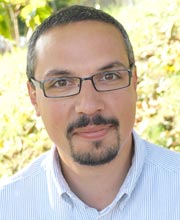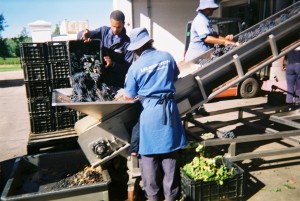Our first speaker is Professor Danny Dorling who is a social geographer well known for his popular social science texts on injustice, inequality and population. He is currently the Halford Mackinder Professor of Geography at the University of Oxford and has previously worked in Newcastle, Bristol, Leeds, Sheffield and New Zealand. With a group of colleagues he helped create the website www.worldmapper.org, which shows who has most and least in the world. Much of Danny’s work, which concerns issues of housing, health, employment, education and poverty, is available open access (see www.dannydorling.org), and his recent books include “Population Ten Billion”, “The Social Atlas of Europe” (with Dimitris Ballas and Ben Hennig), and, in 2015, “Injustice: why social inequality still persists”.
His talk – “Cohesion, sustainability, equality and education… is geography the missing link?” – is about ideas inspired by pictures, graphs and world maps. Through trying to answer the question – what is it in the differing nature of the economy of cities and regions which results in different outcomes? – he explores why social cohesion and trust is higher in Japan than in the UK and questions how we can make cities more sustainable in general.
His presentation will look at some summary statistics for 25 affluent countries and thus for the largely urbanized populations within them. The UK and Japan are very different states in that household income inequality is very low in Japan and very high in the UK. An updated version of these statistics are presented and then the relationships between economic inequality and over consumption of goods, of meat, of food in general, of water, of clothes, or air flights and of gasoline is considered.
Finally, he compares the education outcomes of countries and argues that it is hard not to conclude that, at least statistically, the UK comes out of any comparison poorly when it comes to cohesion, sustainability, regional inequalities, and city planning, and general educational ability. Japan (again as a comparator) appears similar to other more efficient and more equitable countries. However, even in Japan people consume too much and do not trust each other enough. If everyone in the world behaved like an average citizen of Tokyo we would still need two planets to live on. If they behaved like an average citizen in London we would need nearer four planets.
He will be speaking in the Sorby Room, Wager Building from 13.00-14.00 on Thursday 21 January.









